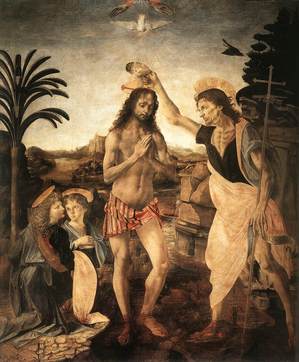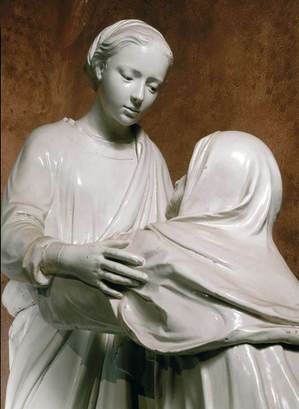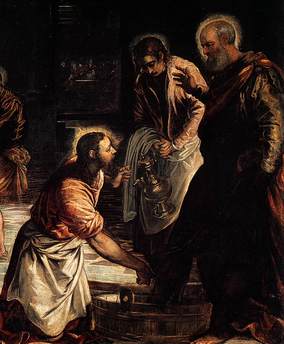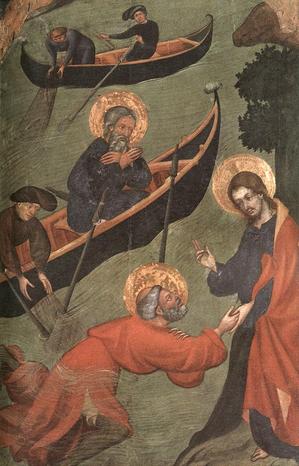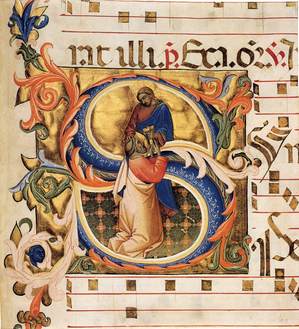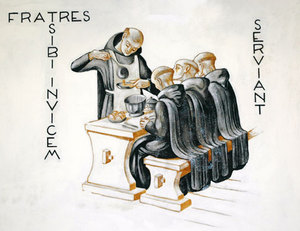Silence is misunderstood by so many people today. Some friends and family think that being silent is horrible, or that it is a punishment for something. Silence may have been used as a weapon, but in reality, it is not and silence ought not be used as such, ever. The new bishop of Aberdeen (Scotland), Hugh Gilbert, delivered his first pastoral letter on the subject of silence. As a Benedictine he is attune to the contours of silence as Saint Benedict exhorts followers of his Rule for Beginners to live in an atmosphere of silence. Could what Bishop Hugh offers be of assistance to us?
We live in a noisy world. Our towns and cities are full of noise. There is noise in the skies and on the roads. There is noise in our homes, and even in our churches. And most of all there is noise in our minds and hearts.
The Danish philosopher Kierkegaard once wrote: ‘The present state of the world and the whole of life is diseased. If I were a doctor and I were asked for my advice, I should reply: “Create silence! Bring people to silence!” The Word of God cannot be heard in the noisy world of today. And even if it were trumpeted forth with all the panoply of noise so that it could be heard in the midst of all the other noise, then it would no longer be the Word of God. Therefore, create silence!’
‘Create silence!’ There’s a challenge here. Surely speaking is a good and healthy thing? Yes indeed. Surely there are bad kinds of silence? Yes again. But still Kierkegaard is on to something.
There is a simple truth at stake. There can be no real relationship with God, there can be no real meeting with God, without silence. Silence prepares for that meeting and silence follows it. An early Christian wrote, ‘To someone who has experienced Christ himself, silence is more precious than anything else.’ For us God has the first word, and our silence opens our hearts to hear him. Only then will our own words really be words, echoes of God’s, and not just more litter on the rubbish dump of noise.
Continue reading Create a space for silence, Bishop Hugh Gilbert tells us


